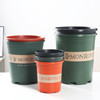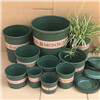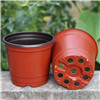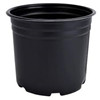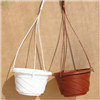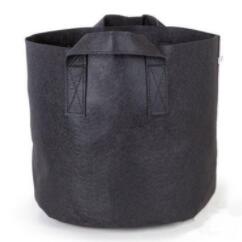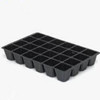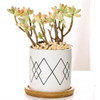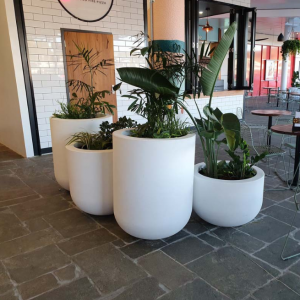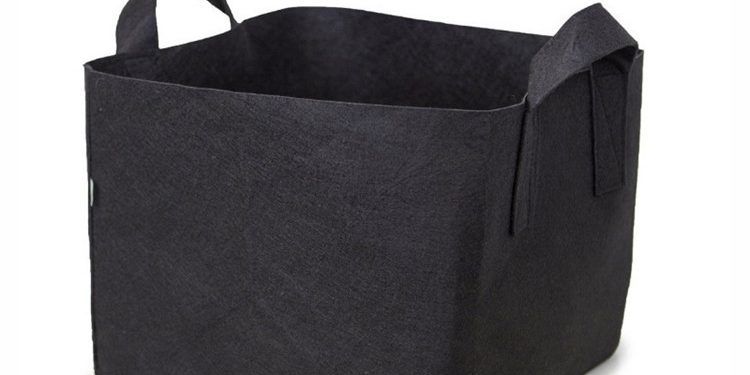Introduction: Circular gardening, also known as closed-loop gardening, is a holistic approach that aims to minimize waste and maximize resource efficiency within garden ecosystems. Non-woven flower pots play a significant role in advancing this circular gardening concept, offering a sustainable alternative to traditional containers. In this blog, we explore how non-woven flower pots contribute to circular gardening principles and foster a regenerative approach to gardening.
- Biodegradability and Closed-Loop Systems: Non-woven flower pots’ biodegradable nature aligns perfectly with the circular gardening concept. When these pots break down, they return to the soil as organic matter, contributing to a closed-loop system where waste becomes a valuable resource.
- Composting for Soil Enrichment: Composting non-woven flower pots further enhances circular gardening practices. By including the pots in a compost pile, they add to the nutrient-rich organic matter that nourishes the soil. The enriched soil, in turn, supports healthier plant growth and contributes to the regenerative cycle of the garden.
- Reducing Single-Use Waste: Traditional plastic pots often end up as single-use waste, clogging landfills and polluting the environment. Non-woven flower pots break this cycle by biodegrading naturally, reducing the need for single-use containers and minimizing waste generation.
- Supporting Biodiversity and Beneficial Insects: Circular gardening emphasizes biodiversity and the promotion of beneficial insects to create a balanced ecosystem. Non-woven flower pots, being eco-friendly and chemical-free, provide a safe environment for beneficial insects, fostering biodiversity within the garden.
- Community-Based Circular Gardening: Circular gardening can extend beyond individual gardens to community-based initiatives. Non-woven flower pots offer an opportunity for gardeners to collaborate and share resources sustainably. Community composting efforts involving non-woven pots can collectively contribute to enriching the soil in shared gardening spaces.
Conclusion: Non-woven flower pots embody the principles of circular gardening by providing an eco-friendly and biodegradable alternative to traditional containers. Through composting, reducing single-use waste, supporting biodiversity, and embracing community-based initiatives, non-woven pots contribute to a regenerative and sustainable approach to gardening. By adopting non-woven flower pots and aligning gardening practices with circular principles, gardeners can take significant steps towards fostering a greener and more resilient environment.


